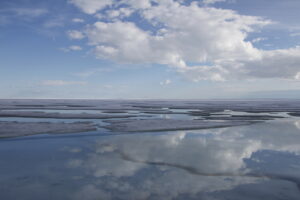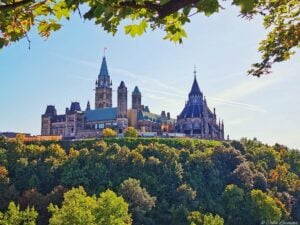There has been a “catastrophic” decline of wilderness around the globe over the past two decades, say geographers at Australia’s University of Queensland in a new study. If this failure to keep key ecosystems intact continues, they warn, it will become even harder to take meaningful action against climate change.
The report, published last week in the journal Current Biology, compared the global extent of wilderness — defined as biologically and ecologically intact landscapes that are mostly free of human disturbance — in the early 1990s and the present and found that some three million square kilometres of wilderness has been lost in the past two decades, with the greatest losses occurring in South America and Africa.
The authors note that although there have been increased efforts to protect intact landscapes, those efforts haven’t been keeping pace with overall wilderness loss. They argue increased protection is especially vital in the planet’s two largest forest biomes, the Amazon rainforest and the boreal forest, which store a significant portion of the world’s carbon.
“Although both the boreal and Amazon have suffered significant forest loss and degradation, these landscapes still support globally significant wilderness areas and are increasingly threatened by industrial forestry, oil and gas exploration, anthropogenic fire, and rapid climate change,” the study notes. “If allowed to continue unchecked, these impacts will result in depletion of ecosystem carbon stocks and significant CO2 emissions, converting the biome into a large carbon source.”
Forest fires in particular release massive amounts of carbon dioxide and other greenhouse gases into the atmosphere, and the longer they rage unchecked, the more they contribute to a country’s overall emissions. Some experts estimate the fire that devastated Fort McMurray, Alta. earlier this year may have given off enough carbon to account for 10 per cent of Canada’s total annual emissions. The same experts say that in a bad year, forest fires may account for as much as 40 per cent of Canada’s CO2 emissions.
That has huge implications for Canada’s ability to meet its emissions targets under multilateral climate change accords like the Paris Agreement negotiated in late 2015.
The Queensland study calls for immediate national and international recognition of the importance of intact wilderness and conservation actions including the establishment of interconnected wilderness corridors.






